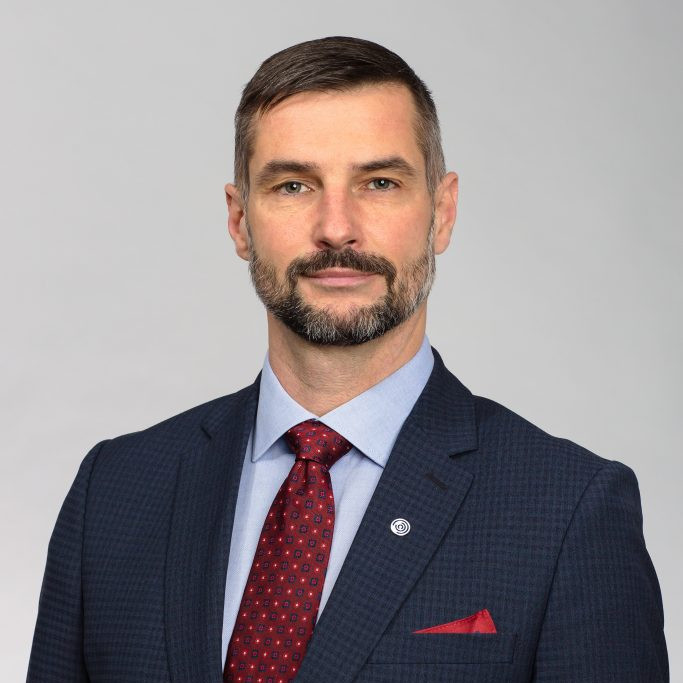Peadar Callaghan is a cybersecurity game Designer and researcher in serious games from Tallinn University. He has designed and run several games to explore complex concepts in cyber security. He has contributed to exercise design for both national and international organisations.
Workshop day
Cyber Election Interference Workshop and Tabletop Exercise
Cyber Election Interference Workshop and Tabletop Exercise
With almost 50% of the world’s population going to the polls in 2024, the issue of election interference looms large. This hands-on workshop and TTX will explore the tactics used in both attacking and defending an election. By engaging with the scenario, participants will get an opportunity to identify key markers of election interference and debate the importance of the variety of approaches that cyber-enabled operations present. Participants will be given a short brief on the fictional state of Ludostan, around which the scenario is built. They will be assigned to a red or blue team and will then have to decide what they will do in the exercise to reach their goal of either defending or undermining the election. The exercise will conclude with a debrief and plenary session to discuss the issues and lessons learned.
Because election interference has an impact on a wide variety of domains, the workshop is open to all CyCon attendees who have an interest in engaging with the topic.
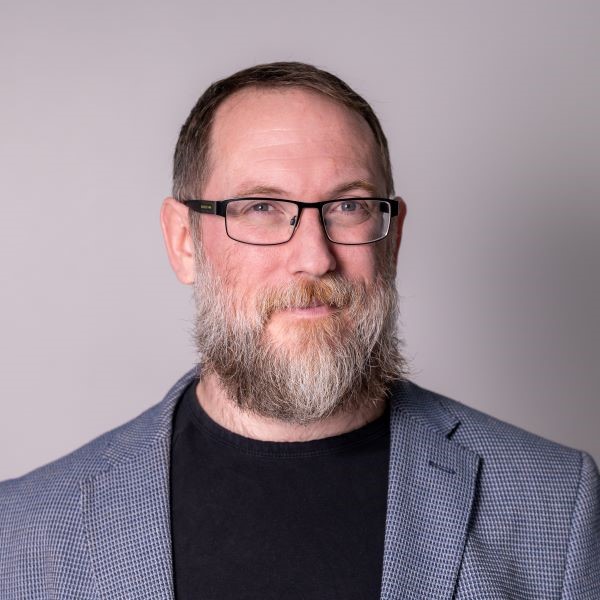
Peadar Callaghan
Cybersecurity Game Designer and Researcher in Serious Games at Tallinn University
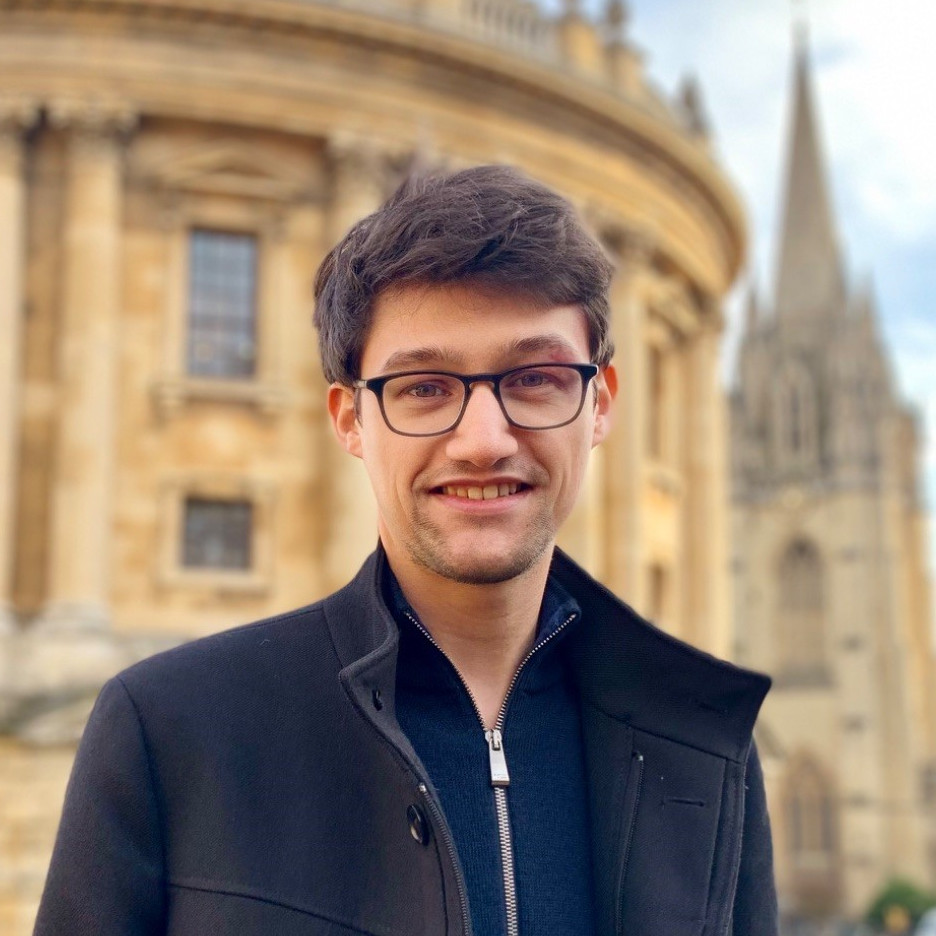
Arthur Laudrain
Research Associate in Cyber Diplomacy with Department of War Studies at King’s College London
UK
Arthur PB LAUDRAIN is a Research Associate in Cyber Diplomacy with Department of War Studies at King’s College London and a DPhil candidate in Cyber Security at the University of Oxford. His work investigates the cyber diplomacy of the middle-ground, as well as cyber-enabled foreign election interference, both under EPSRC grants. He was an inaugural Fellow of the European Cyber Conflict Research Initiative (ECCRI) and Visiting Researcher at NATO CCDCOE, where he still contributes to the strategic track of LockedShields.

Alan Sewell
Military Teacher at Swedish Defence University focusing on Cyber Operations
Since 2020 Swedish Defence University Military Teacher focusing on Cyber Operations. Previously a former UK Royal Air Force Flight Operations Officer and as of 2011 a NATO staff member at Mons, Belgium. There he served as a NATO CD Rapid Reaction Team coordinator, Resolute Support Afghanistan Cyber Security Section Head and worked on cyber exercise planning and execution.
How to Establish a Proactive Cyber Operational Element in NATO (this session is for conference attendees from NATO/EU/CCDCOE member countries)
How to Establish a Proactive Cyber Operational Element in NATO (this session is for conference attendees from NATO/EU/CCDCOE member countries)
CCDCOE recently published a paper arguing that no matter the outcome of the Russia-Ukraine armed conflict, Russia’s ambition to manage Europe’s security architecture will not abate. Additionally, the paper argues that should the West’s strategy of debilitating Russia’s defence industrial base be successful, Russia will resort to aggressively employing cyber capabilities in pursuit of that ambition. Consequently, the paper argues, NATO ought to establish a proactive cyber operational element to preclude, inhibit, and otherwise constrain Russia’s forecasted, aggressive efforts in and through cyberspace to weaken the EU and NATO alliances and undermine the credibility of their democratic governments. The workshop will gather key stakeholders from NATO and the EU member states to discuss and propose ideas for operationalising a proactive cyber defence posture. After the conference has concluded, participants will be provided with a short paper highlighting key insights and findings.
This session is for conference attendees from NATO/EU/CCDCOE member countries. Request for attending is done when registering and is subject to approval by organisers.

Dr Michael Fischerkeller
Research Staff Member at the Institute for Defense Analyses
Dr. Fischerkeller is a research staff member in the Information Technology and Systems Division at the Institute for Defense Analyses, a Federally Funded Research and Development Center supporting the U.S. Office of the Secretary of Defense, the Chairman of the Joint Chiefs of Staff, and Combatant Commands.
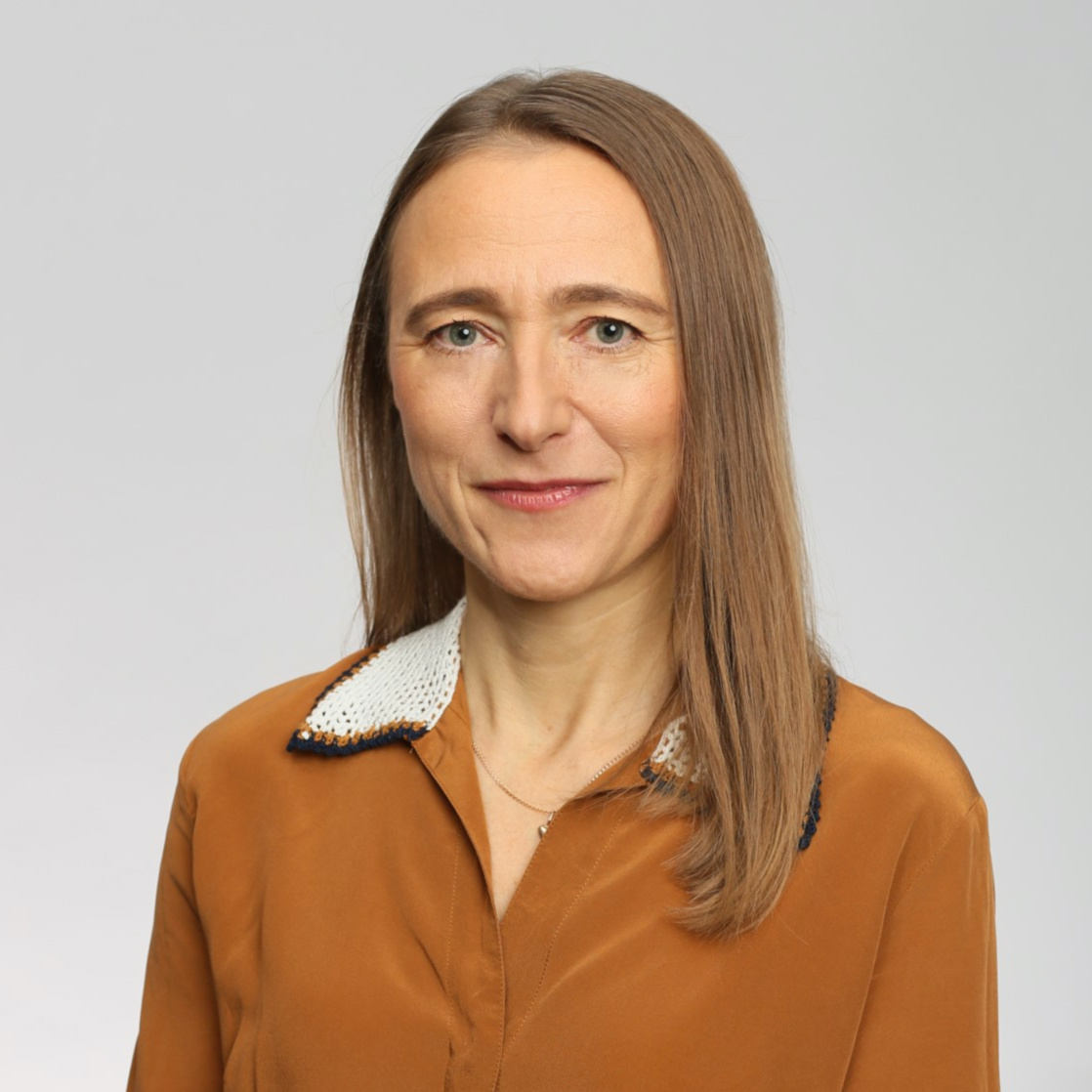
Piret Pernik
Researcher at the Strategy Branch of the NATO CCDCOE
Piret Pernik is a Researcher at the Strategy Branch of the NATO Cooperative Cyber Defence Centre for Excellence (CCDCOE). She has authored and co-authored numerous reports and policy analysis, including book chapters, articles in academic peer-reviewed journals, and think tank research reports. She is the editor of a volume of papers entitled “Cyberspace Strategic Outlook 2030: Horizon Scanning and Analysis” (CCDCOE, 2022), and co-editor of “Cyber Threats and NATO 2030: Horizon Scanning and Analysis” (CCDCOE, 2020). Prior to joining the CCDCOE in 2019, Piret Pernik was a Research Fellow at the International Centre for Security and Defence (ICDS), Estonia’s largest think-tank focused on security and defence matters. She worked as a Researcher at the Estonian Academy of Social Sciences. Between 2003-2013 she served in the Estonian Ministry of Defence and was an adviser of the National Defence Committee of the Parliament of Estonia. She holds a Master’s degree on Social Theory (Sociology), and on International Relations and European Studies. Piret was part of the inaugural 2023-2024 cohort of the UC Berkeley Tech Policy Fellowship hosted by University of California, Berkeley, Goldman School of Public Policy & CITRIS Policy Lab.
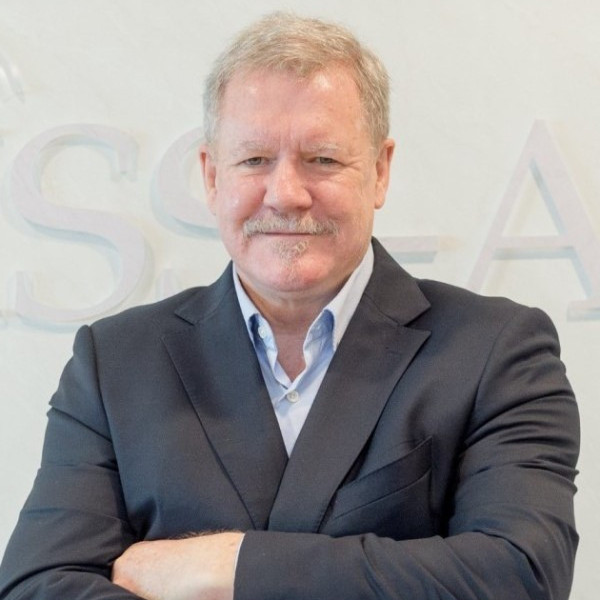
Prof. Greg Austin
Co-founder of the Social Cyber Institute and an Adjunct Professor at the University of Technology Sydney
Professor Greg Austin is co-founder of the Social Cyber Institute and an Adjunct Professor at the University of Technology Sydney. He served as Senior Fellow and head of the Program on Cyber Power and Future Conflict with the International Institute for Strategic Studies (IISS) for over three years; and as Professor of Cyber Security, Strategy and Diplomacy with the University of New South Wales Canberra for six years. His academic career, including a Senior Visiting Fellowship in the Department of War Studies at Kings College London, has included ten books on international security, as author or editor. His service as a research leader for prominent global NGOs, such as the International Crisis Group and the EastWest Institute, has seen him work from Brussels and London for about one third of his career. He has consulted for the UK Cabinet Office, the UK Ministry of Defence, the Foreign and Commonwealth Office, the European Commission, and the Australian Department of Foreign Affairs and Trade. He has held roles in the Australian civil service, including posts in Canberra and Hong Kong in defence intelligence, parliamentary committees, and ministerial staff. Austin has a Ph D in international relations and a Master of International Law, both from the Australian National University.

Dr Emily Goldman
Strategist at U.S. Cyber Command
Dr Goldman serves as a strategist at U.S. Cyber Command and a thought leader on cyber policy. From 2014 to 2018 she directed the U.S. Cyber Command / National Security Agency Combined Action Group, leading a team that wrote the 2018 U.S. Cyber Command vision, Achieve and Maintain Cyberspace Superiority.

Taylor Grossman
Deputy Director of Digital Security at the Institute for Security and Technology
Taylor Grossman is Deputy Director of Digital Security at the Institute for Security and Technology, where she works on the Ransomware Task Force and other ongoing projects. Previously, she was a senior researcher in the Cyberdefence Project at the Center for Security Studies at ETH Zurich. She also serves as a senior editor at Binding Hook, a media organization that publishes articles on technology and security. She holds an MPhil in International Relations from the University of Oxford and a B.A. in Political Science from Stanford University.
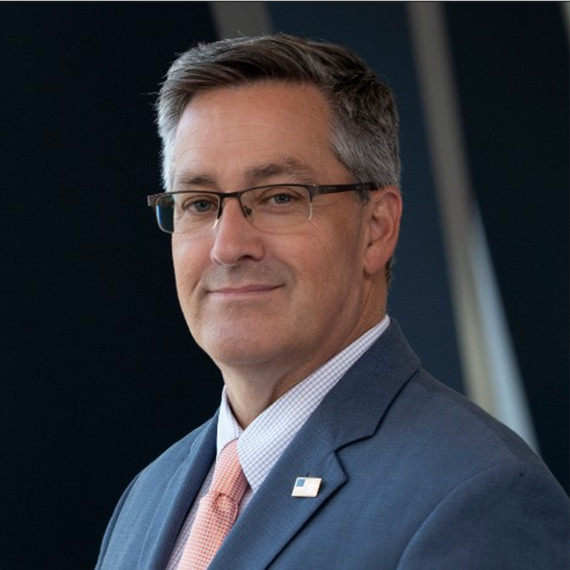
Prof. Richard Harknett
Professor of Political Science and Director of the School of Public and International Affairs at the University of Cincinnati
Dr Harknett is Professor of Political Science and Director of the School of Public and International Affairs, Co-Director of the Ohio Cyber Range Institute, and Chair of the Center for Cyber Strategy and Policy at the University of Cincinnati. He holds an afffilate faculty position with the School of Information Technology at UC and a professorial lectureship at the Diplomatic Academy Vienna, Austria, where he served as Fulbright Professor in 2001. In 2017, he served as inaugural Fulbright Professor in cyber studies at Oxford University, UK and in 2016 as the first Scholar-in-Residence at United States Cyber Command and NSA. His publications and research interests focus on international relations theory and international security studies with particular focus on cyber strategy. He also regularly advises at the US government and state of Ohio levels. He is the co-author of Cyber Persistence Theory: Redefining national security in cyberspace (UK: Oxford University Press, 2022).
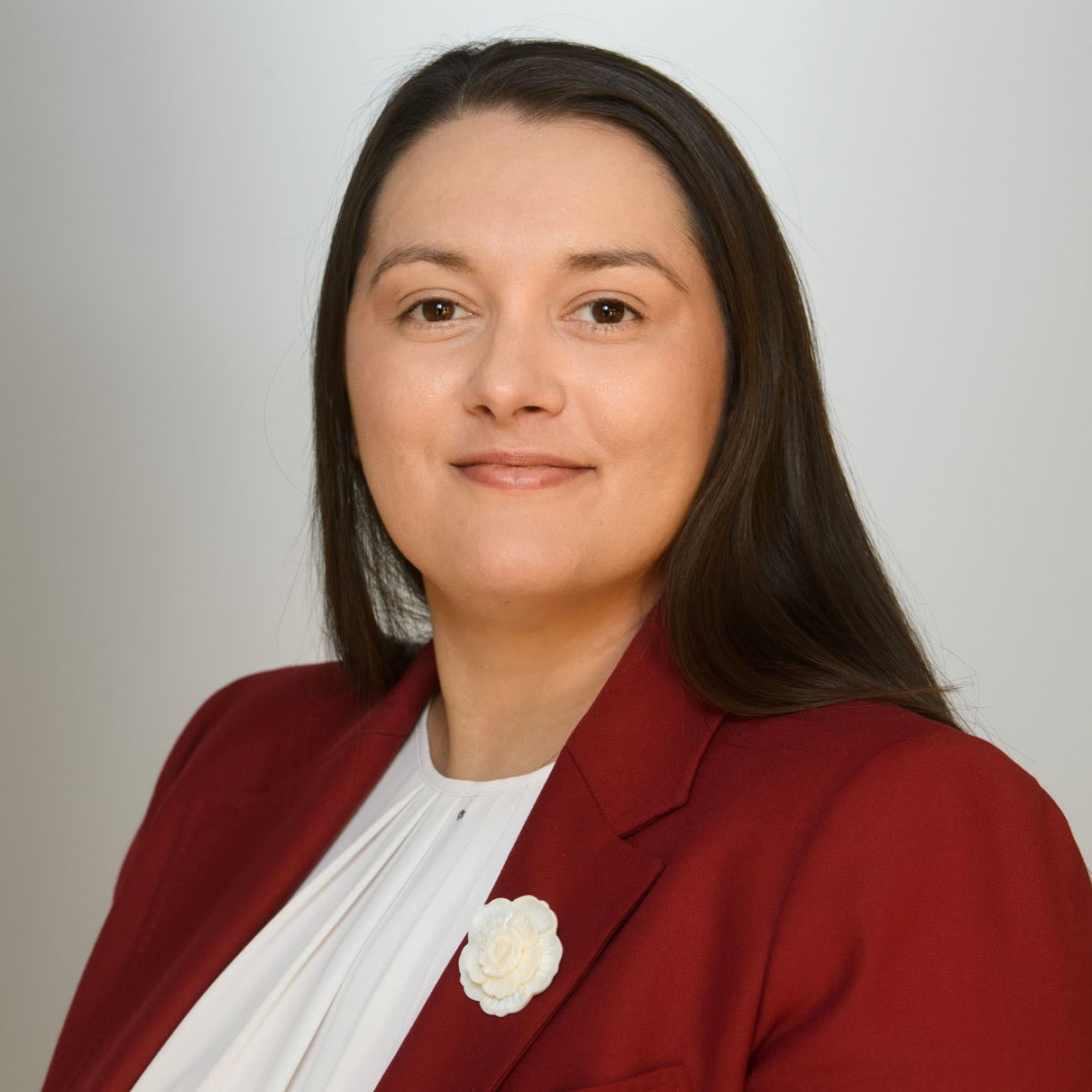
Prof. Simona R. Soare
Professor of Strategy and Technology, Lancaster University
Dr Simona R. Soare specializes in defence innovation, the applications of emerging technologies in defence capabilities, software-defined defence, digital transformation of defence, and future of war. Simona is Professor of in Strategy and Technology in the Department for Politics, Philosophy and Religion at Lancaster University.
Prior Simona was research fellow for defence and military analysis with IISS, senior associate analyst for transatlantic defence and EU-NATO cooperation with the EUISS, senior security and defence advisor to the Vice-President of the European Parliament and defence analyst with the Ministry of Defence. Simona holds a PhD in International Security (2011), and she is a US Department of State Fellow and a Denton Fellow.
Among Simona’s latest publications are Simona R. Soare, Software-Defined Defence: Algorithms at war(IISS, London, February 2023); Simona R. Soare, Digitalisation of Defence in NATO and the EU: Making European Defence Fit for the Digital Age (IISS, London, August 2023);Simona R. Soare and Fabrice Pothier, Leading edge: Key drivers of defence innovation and the future of operational advantage(IISS, London, November 2021); Simona R. Soare, J. Burton, and R. Steff (eds), Emerging technologies and international security: the man, machines, and war (London, Routledge, December 2020); Simona R. Soare, European Military AI: Why Regional Approaches are Lagging Behind (Routledge, London, March 2023); Simona R. Soare, Algorithmic power? The role of artificial intelligence in European strategic autonomy (Routledge, London, May 2023); and Simona R. Soare (ed), Turning the Tide: How to rescue transatlantic relations (EUISS, Paris, October 2020).
Coffee break
Lunch
Responsible Cyber Operations (RCO): Unpacking Principles and Mechanisms (this session is for conference attendees from NATO/EU/CCDCOE member countries)
Responsible Cyber Operations (RCO): Unpacking Principles and Mechanisms (this session is for conference attendees from NATO/EU/CCDCOE member countries)
In 2022, the United Kingdom’s National Cyber Force (NCF) published a document outlining its approach to responsible cyber operations. The document, among other things, introduces three operational principles that guide the activities of the NCF. Operations should be accountable, precise, and calibrated as well as ‘conducted in a legal and ethical manner, in line with domestic and international law’ and national values. Some countries have sought to publish material relating to their conduct of cyber operations. The Royal United Services Institute is organising this closed workshop to explore principles and mechanisms for responsible cyber operations.
The workshop will gather a select group of stakeholders to unpack how NATO member states have sought to operationalise their views on what guides responsible action in conducting cyber operations. Participants are expected to come prepared to engage in a dialogue.
The objective of this workshop is threefold: (i) to foster a dialogue on what responsible cyber operations are from a national perspective, (ii) to map experiences and perspectives on RCO, and (iii) to identify convergent and/or distinct approaches to RCO.
This session is for conference attendees from NATO/EU/CCDCOE member countries. Request for attending is done when registering and is subject to approval by organisers.
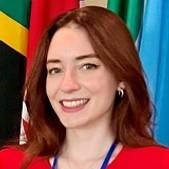
Louise Marie Hurel
Research Fellow at the Royal United Services Institute's (RUSI)
Louise Marie Hurel is a Research Fellow at the Royal United Services Institute's (RUSI). She is the lead of the Cyber Team’s work on Responsible Cyber Behaviour. Her research focus on international cyber security policy, private actors, expertise, cyber diplomacy, cyber operations and incident response. Throughout the past decade, Louise has advised governments in different high-level debates as well as in previous work as a consultant on cyber/data security for the United Nations. Louise is also a PhD researcher in Data, Networks and Society at the London School of Economics and Political Science (LSE), founder of the Latin American Cybersecurity Research Network (LA/CS Net) and serves as co-chair of the Global Forum on Cyber Expertise’s Advisory Board.
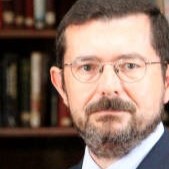
Conrad Prince
Distinguished Fellow and RUSI’s Senior Adviser on Cybersecurity
Conrad Prince is a Distinguished Fellow and RUSI’s senior adviser on cyber security, offensive cyber, and related intelligence and security issues. He was formerly the Director General for Operations and deputy head of the UK Government’s signals intelligence and cyber security agency, GCHQ, and subsequently held a role as Cyber Security Ambassador for the UK Government, specialising in international capacity building.

James Sullivan
Director of Cyber Research at RUSI
James Sullivan is the Director of Cyber Research at RUSI. He founded and has grown a research group at RUSI that explores critical cyber public policy issues. Research themes include: the role of national cyber strategies, the cyber threat landscape, cyber security and resilience, cyber risk management, offensive cyber, cyber statecraft and diplomacy, and ransomware. James has contributed to a variety of publications and media outlets such as the FT, BBC and CNN and has provided insights on aspects of the cyber threat to high-level fora such as the G7, the World Economic Forum and the White House’s International Counter Ransomware Initiative.

Dr Pia Huesch
Research Analyst at RUSI in Cyber, Technology and National Security
Pia Huesch is a Research Analyst in cyber, technology and national security. Her research focusses on the impact, societal risks and lawfulness of cyber operations and the geopolitical and national security implications of disruptive technologies, such as AI Prior to joining RUSI, Pia conducted her doctoral research on the lawfulness of low-intensity offensive cyber operations in international law, particularly under the principles of sovereignty and non-intervention. Previously, Pia has been a visiting researcher at McGill University and worked at the Glasgow Centre for International Law and Security as well as the Brussels office of the German Marshall Fund of the United States.

Joseph Jarnecki
Research Fellow at RUSI in Cyber Threats and Cyber Security
Joseph Jarnecki is a Research Fellow in Cyber at the Royal United Services Institute. His research focuses on international cyber support, strategic cyber threats to critical infrastructure, and impacts from emerging technology on national security.
He is a graduate of King’s College London’s War Studies Department from which he holds a MA in International Conflict Studies
Real-Time OSINT: A Vital Tool to Better Understand and Respond to Modern Cyber Conflicts
Real-Time OSINT: A Vital Tool to Better Understand and Respond to Modern Cyber Conflicts
While cybersecurity attacks pose a major threat, geopolitical tensions around the world are increasingly impacting daily operations. Distant conflicts can disrupt supply chains, critical infrastructure, and digital services. In this workshop, we will examine how real-time open-source intelligence (OSINT) enhances situation awareness and incident response, using current examples of globally impactful conflicts such as Ukraine, Gaza, and the Red Sea. Attendees will learn why OSINT is a critical tool for understanding and mitigating cyber threats and geopolitical risks, informing proactive defence strategies to enhance operational resilience and response planning.

Andy Grayland
Chief Information Security Officer (CISO) at Silobreaker
Andy Grayland is the Chief Information Security Officer (CISO) at Silobreaker, and has over 12 years of information security experience. A dedicated digital transformation strategist and security consultant, Andy specialises in developing and implementing effective information security programmes with a focus on aligning them to business objectives. Prior to Silobreaker, Andy was CISO at the Scottish Local Government’s Digital Office. He holds a PhD in Computer Science from the University of St. Andrews, and a PGC in Cyber Defence and Information Assurance from Cranfield University.

Ivar Kangur
Senior Analyst, Silobreaker
Ivar is a career security professional, with over two decades of information management and security experience across public and private sectors. As Silobreaker’s Director of Intelligence/Business Solutions, Ivar is able to apply his threat intelligence and cyber security expertise to ‘see the bigger picture’ and deliver solutions that protect organisations’ critical data and assets, while minimising business risk. His previous roles include Threat Intelligence EMEA Lead at the London Stock Exchange Group and CISO of Statistics Estonia, part of the Estonian Ministry of Finance.
National Positions on International Law in Cyberspace: Challenges, Opportunities, and Best Practices
National Positions on International Law in Cyberspace: Challenges, Opportunities, and Best Practices
This workshop seeks to unpack the main legal and policy questions facing States when developing a national position on international law in cyberspace. These are official statements issued by States that propose interpretations of key international rules and principles in the cyber context. The workshop will feature a panel of experts and interactive discussions on the legal and political importance of issuing national positions, their impact on the development of international law, and the methodology and other procedural aspects involved in their preparation, as well as the key legal and policy dilemmas facing States when developing such positions.
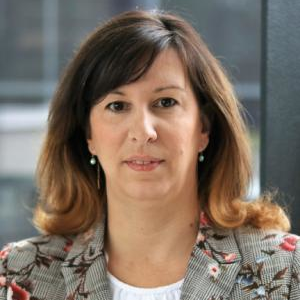
Dr Ágnes Kasper
Head of Law Branch, CCDCOE
Dr. Ágnes Kasper, PhD, is the Head of Law Branch at the NATO Cooperative Cyber Defence Centre of Excellence. She is also a Senior Lecturer of Law and Technology in the Department of Law of the Tallinn University of Technology. She holds diplomas in international business, law and management, and also received formal trainings on technical aspects of cybersecurity and digital evidence. Dr Kasper served at embassies, human rights organizations, acted in advisory capacity in consultations with governments on issues relating to cybersecurity, as well as an external expert for the European Commission. She was also legal advisor for start-up accelerator supporting cybersecurity start-ups. Dr Kasper is trained in and holds a certificate in information security audit. Her current research focuses on regulatory aspects of cybersecurity, cyber defence and cyber diplomacy.
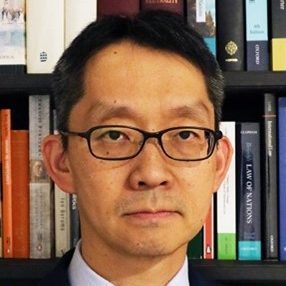
Tomohiro Mikanagi
Legal Advisor and Director-General, International Legal Affairs Bureau, Ministry of Foreign Affairs of Japan
Tomohiro Mikanagi is a Legal Advisor, Director-General for International Legal Affairs Bureau, Ministry of Foreign Affairs, Japan. As a diplomat, served in London, NY and Beijing. Published articles in personal capacity, including “Establishing a Military Presence in a Disputed Territory: Interpretation of Article 2(3) and (4) of the UN Charter”, ICLQ Vol. 67 (2018), “Attribution of cyber operations: an international law perspective on the Park Jin Hyok case”, co-authored with Kubo Mačák, Cambridge International Law Journal Vol. 9 (2020), and “Application of the Due Diligence Principle to Cyber Operations”, International Law Studies Vol. 97 (2021). Former Visiting Fellow of the Lauterpacht Centre for International Law, Cambridge
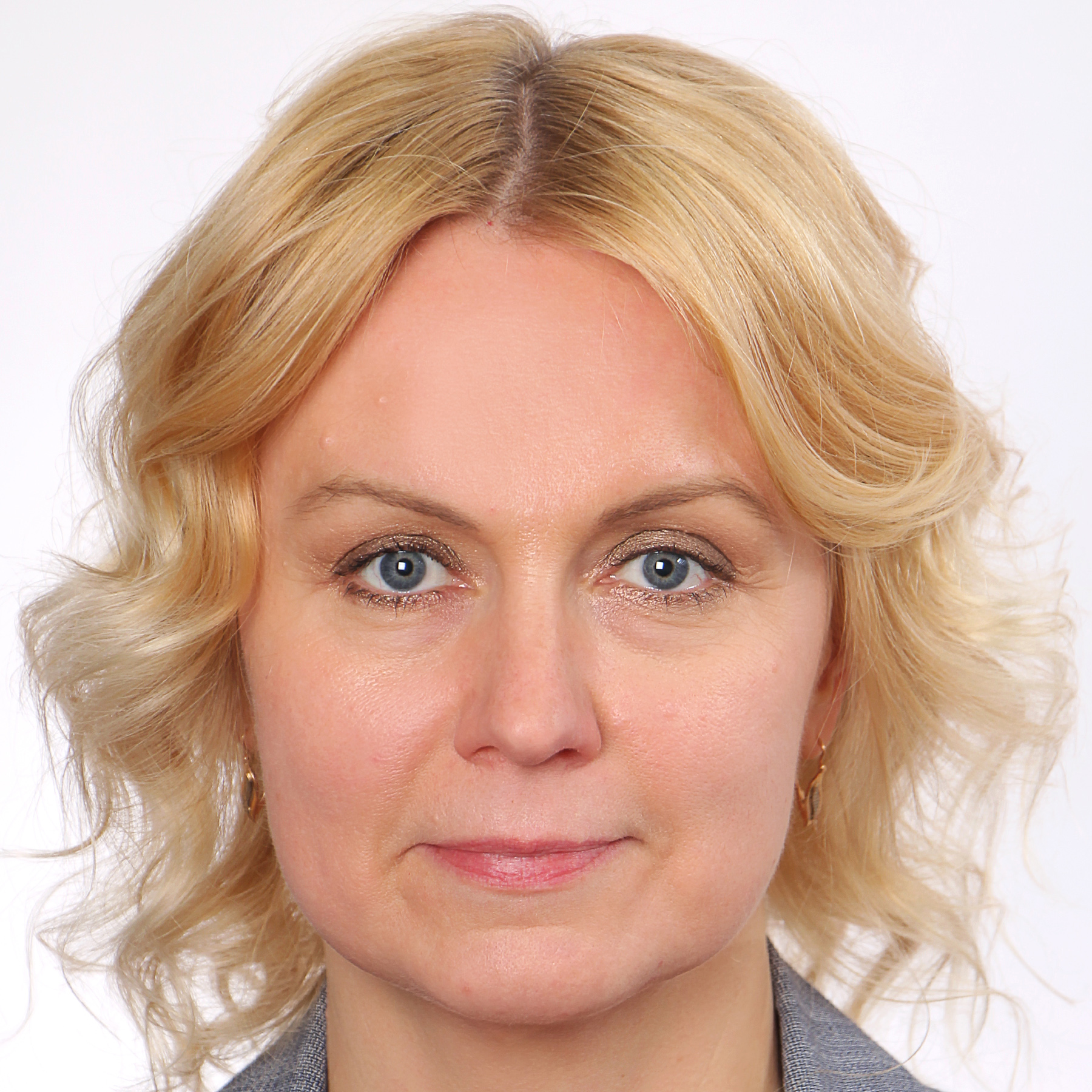
Kerli Veski
Estonian Ministry of Foreign Affairs (Director General of Legal Department)
Estonia
Kerli Veski is the Director General of Legal Department at the Ministry of Foreign Affairs of Estonia since 2015. She has BA in law from Tallinn Institute of Law and MA from Tallinn University of Technology, Law School. Ms Veski has also graduate diploma in international studies from Johns Hopkins University, Paul H. Nitze School for Advanced International Studies, Bologna Center. The areas of responsibility are public international law, Estonian law and EU law. International law in cyberspace and accountability for international crimes have been priorities over the last years and remain to be so also in the nearest future.
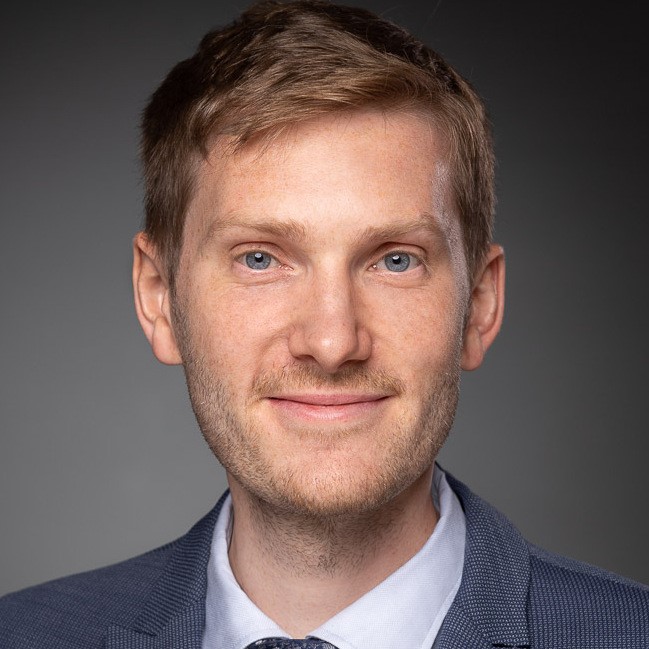
John Schabedoth
Coordination Staff for Cyber Foreign and Security Policy at the German Federal Foreign Office
John Schabedoth is a desk officer in the Coordination Staff for Cyber Foreign and Security Policy at the Federal Foreign Office. Before joining the Federal Foreign Office, he worked at the German Federal Ministry of Economic Affairs and Climate Action in the field of international investor-state dispute settlement
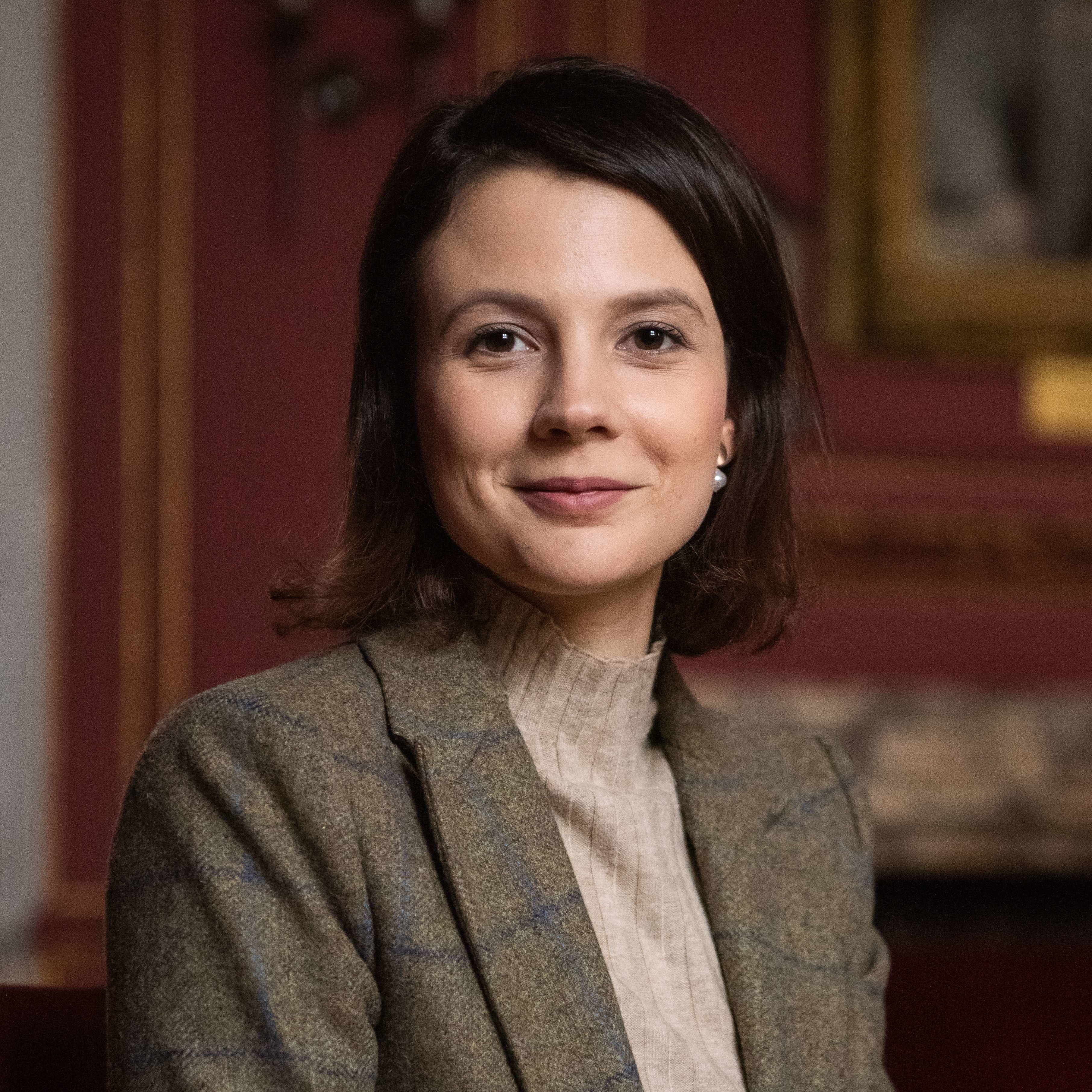
Dr Talita Dias
Royal Institute of International Affairs
UK
Dr Talita Dias is the Senior Research Fellow in the International Law Programme at Chatham House. She is also a founding member of the Oxford Process on International Law Protections in Cyberspace, at the Oxford Institute for Ethics, Law and Armed Conflict (ELAC). She was previously a Research Fellow at the University of Oxford. Her research focuses on the application of international law to new technologies. Talita has taught a range of subjects, including international law and public policy, and international criminal law. She holds a DPhil and a master’s degree in law from Oxford and is a qualified lawyer in Brazil.
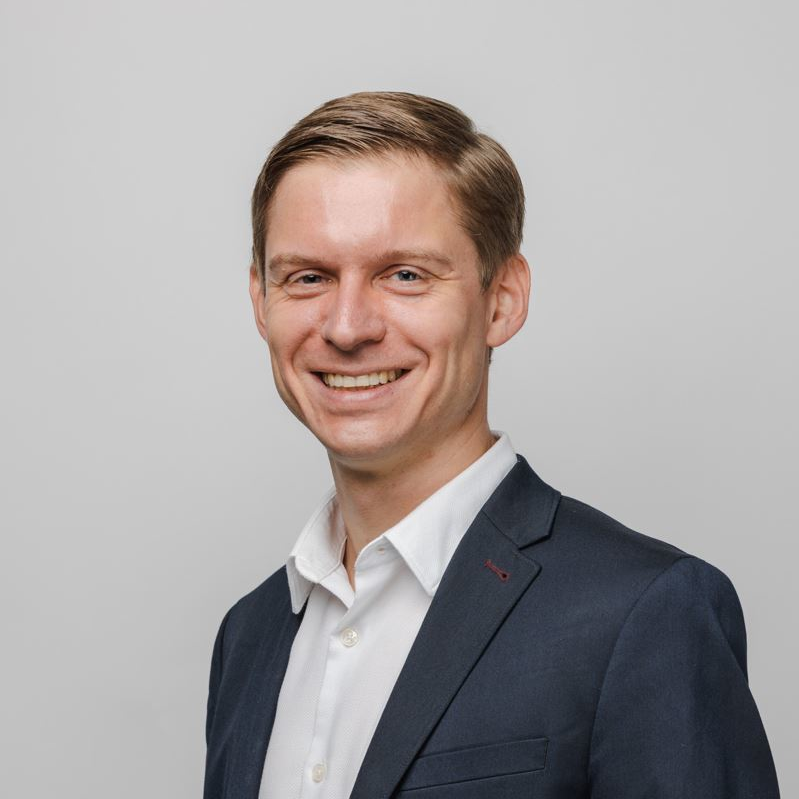
Prof. Kubo Mačák
Professor of International Law at the University of Exeter
UK
Dr Kubo Mačák is Professor of International Law at the University of Exeter, United Kingdom. Kubo is the author of the book Internationalized Armed Conflicts in International Law (Oxford University Press 2018) and of multiple articles in peer-reviewed journals including the International Review of the Red Cross, the Journal of Cyber Policy, and the Journal of Conflict and Security Law. Kubo is also the General Editor of the Cyber Law Toolkit, an interactive online resource on the international law of cyber operations. Between 2019 and 2023, he served as a legal adviser at the International Committee of the Red Cross in Geneva.
AI and Cybersecurity
AI and Cybersecurity
Military organisations face challenges when it comes to generating recognised cyber situational pictures. Even though data exchanges are important in all of them, the traditional battle theatres of land, sea, and air, as well as space and the cyber domain, have largely had separate, disconnected and fragmented information infrastructures. These infrastructures lack the outside-in view and the ability to aggregate and correlate massive datasets from across domains, networks, endpoints, and defence clouds for the purpose of providing situational awareness and insight into supply chain exposures. When mapped to actionable threat intelligence, machine learning and artificial intelligence can allow you to predict emerging threats and help your cyber defence security operations centres (SOCs) to reduce your mean time to detect and mean time to respond down to minutes.

Raymond Bierens
Strategic Advisor to the Federal CISO of the Dutch Government
Netherlands
Mr. Raymond Bierens is a strategic advisor to the Federal CISO of the Dutch Government where is identifying new and novel ways for assessing the cyber resilience of governmental organizations in The Netherlands. The project allows him to apply his insights from his ongoing current PhD Research at the Amsterdam Business Research Institute at the Vrije Universiteit, and his position as chairman of the CTI-sharing Connect2Trust Foundation. The central theme in all of these activities is to support decision makers in making the right decisions created by the increasing digital transformation. His former role as global vice-president for Defense & Security and Cybersecurity with Atos provides him with the 25 years of experience to position the MoD as a leader within government amidst rising geopolitical tensions.

Dr Roland Meier
Scientific Project Manager at the Cyber-Defence Campus of Armasuisse in Switzerland

Jesper Olsen
Chief Security Officer for Northern Europe at Palo Alto Networks
Jesper is the Chief Security Officer for Northern Europe at Palo Alto Networks where he delivers strategic counsel to large organisations, governments and military entities. Joining the company in 2021, he brings more than two decades of experience and knowledge in leading Information Security efforts across software development, systems & security architecture, national technology and security strategies, and government policy.
Prior to joining Palo Alto Networks, Jesper was a Senior Information Security Officer at Maersk Drilling in the wake of the NotPetya incident, where he was responsible for Security Operations, as well as the onshore and offshore cybersecurity strategy and programmes. During his time in the Defence, he served as the National Representative for Denmark in NATO on communications, cryptographic and PKI security, and served more than nine years as a Security Officer for the Danish Defence IT Agency.
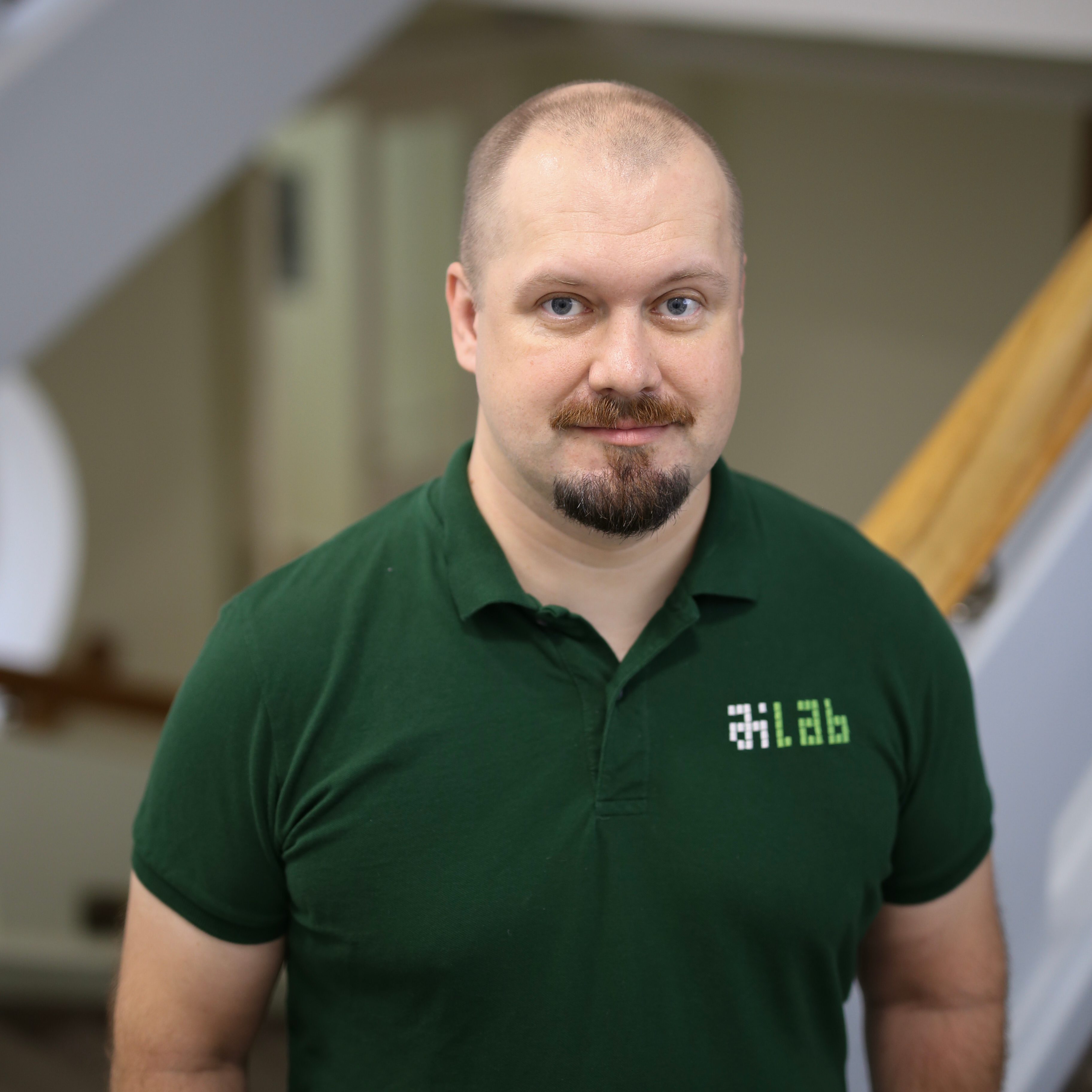
Dr Pēteris Paikens
Lead Researcher at AI Laboratory, IMCS University of Latvia
Pēteris Paikens is a machine learning and computer security researcher, working as Senior Researcher at University of Latvia Institute of Mathematics and Computer Science, and Associate Professor at University of Latvia Faculty of Computing, where he teaches courses on applied machine learning and computer security.
Coffee break
AI in Virtual Manipulation
AI in Virtual Manipulation
This panel discussion will explore the growing significance of AI in information warfare, with a focus on its role in strategic communications. Recognising that warfare is increasingly a cognitive endeavour, strategic communications bridges cognitive effects with kinetic activities. In this landscape, recent advancements in AI technology offer the capacity to influence both the information environment and how information is consumed. Experts will examine the practical implications of AI’s increasing role in deceptive strategies, specifically the use of AI-powered bots and trolls, and the challenges and opportunities AI poses for defenders. The discussion will also analyse recent shifts in narrative strategies, including the exploitation of conflicts like the Hamas–Israel conflict, and assess the broader impact of social media platforms as instruments of propaganda. The goal is to provide actionable insights and encourage dialogue among professionals, deepening our understanding of the complex challenges and opportunities that AI introduces to the spheres of virtual manipulation and information warfare.
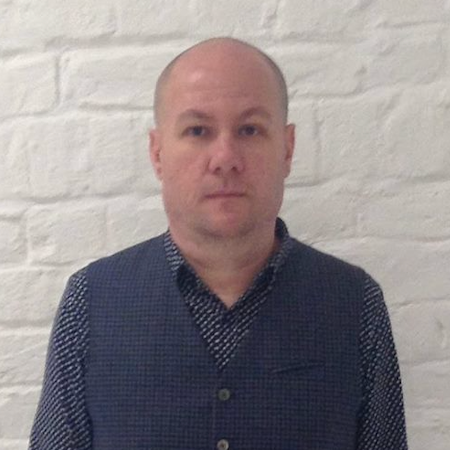
Dr Eduard Barbu
Researcher Specializing in Natural Language Processing (NLP) at the University of Tartu
Eduard Barbu is a researcher specializing in Natural Language Processing (NLP) at the University of Tartu. He has extensive experience in various NLP domains, having worked across academia and industry in Romania, Italy, Spain, and Estonia. His primary research interests include computational methods for meaning formalization and information extraction.
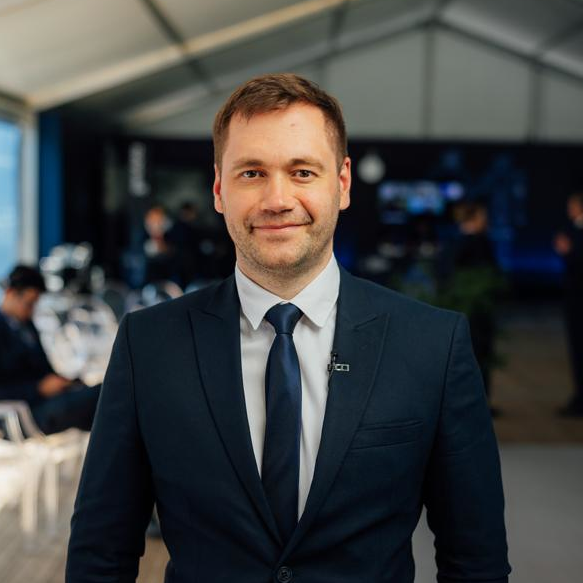
Dr Gundars Bergmanis-Korats
Principal Scientist at the NATO Strategic Communications Centre of Excellence
Dr Gundars Bergmanis-Korats is a Principal Scientist at the NATO Strategic Communications Centre of Excellence (StratCom COE). He holds a PhD in Signal and Image Processing from the University of Lorraine in France. In his role, Gundars concentrates on projects that explore the diverse applications of artificial intelligence (AI) in strategic communications, analyzing the risks and opportunities presented by this technology from multiple perspectives, including those of defenders and malicious actors. He also oversees the content delivery of training courses, such as Online and Social Media Analytics and AI for Communicators.

Dmytro Plieshakov
CEO and Co-founder of Osavul
Dmytro Plieshakov is a Ukrainian tech entrepreneur with a rich background in AI. He is currently a CEO and co-founder of Osavul, a startup focused on countering disinformation and FIMI. Since 2022, he has been collaborating closely with the Ukrainian government, aiding in the advancement of information security and resilience by implementing cutting-edge technologies for threat detection and data analysis. The technology of Osavul is in active use by the National Security and Defense Council of Ukraine and other big government agencies. Apart from his entrepreneurial journey, Dmytro has a passion for AGI and the philosophy of mind. He is also active as an angel investor, supporting early-stage startups in deep tech.
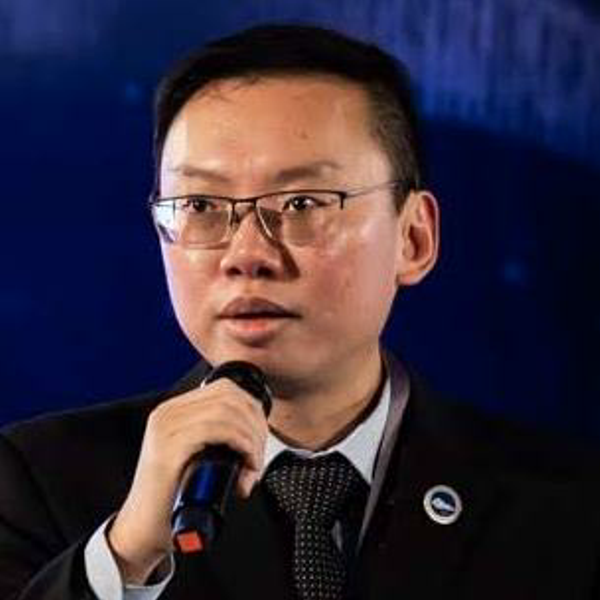
Dr Yukai Zeng
Senior Expert at the NATO Strategic Communications Centre of Excellence
Dr Yukai Zeng is a Senior Expert at the NATO Strategic Communications Centre of Excellence, specialising in the application of data science to strategic communications. His expertise leverages a data-driven analytical approach to understand and mitigate the challenges posed by disinformation and misinformation. With over a decade of research experience, Yukai aims to develop insights that inform strategic communication policies and support the planning and execution of impactful communications campaigns. He holds a Ph.D. in Engineering from Carnegie Mellon University, USA.
Cyber in Conflict – Lessons from Ukraine for Strengthening International Law and Protecting Civilians
Cyber in Conflict – Lessons from Ukraine for Strengthening International Law and Protecting Civilians
The Workshop „Cyber in Conflict – Lessons from Ukraine for Strengthening International Law and Protecting Civilians “, jointly organized by CCDCOE and the German Federal Foreign Office, addresses the challenges of applying international humanitarian law in the digital age. Speakers from State and civil society actors will speak on the role of current cyber developments in blurring the traditional distinction between combatants and civilians in armed conflicts, putting the safety of civilians at risk. The event will look at the impact of private hacker groups, the militarization of civilian apps and cyber defense by private civilian companies.

Natalia Krapiva
Senior Tech-Legal Counsel, Access Now
USA
Natalia Krapiva leads Access Now’s strategic litigation and works to prevent and mitigate risks to Access Now’s Digital Security Helpline and its beneficiaries. She also works to identify and bring accountability for the use of commercial spyware and other repressive technologies against civil society. Prior to Access Now, Natalia worked as a prosecutor at Brooklyn District Attorney’s Office. Natalia holds a BA in Political Science from Columbia University and a JD from the UC Berkeley School of Law. She is licensed by the state bar of New York.
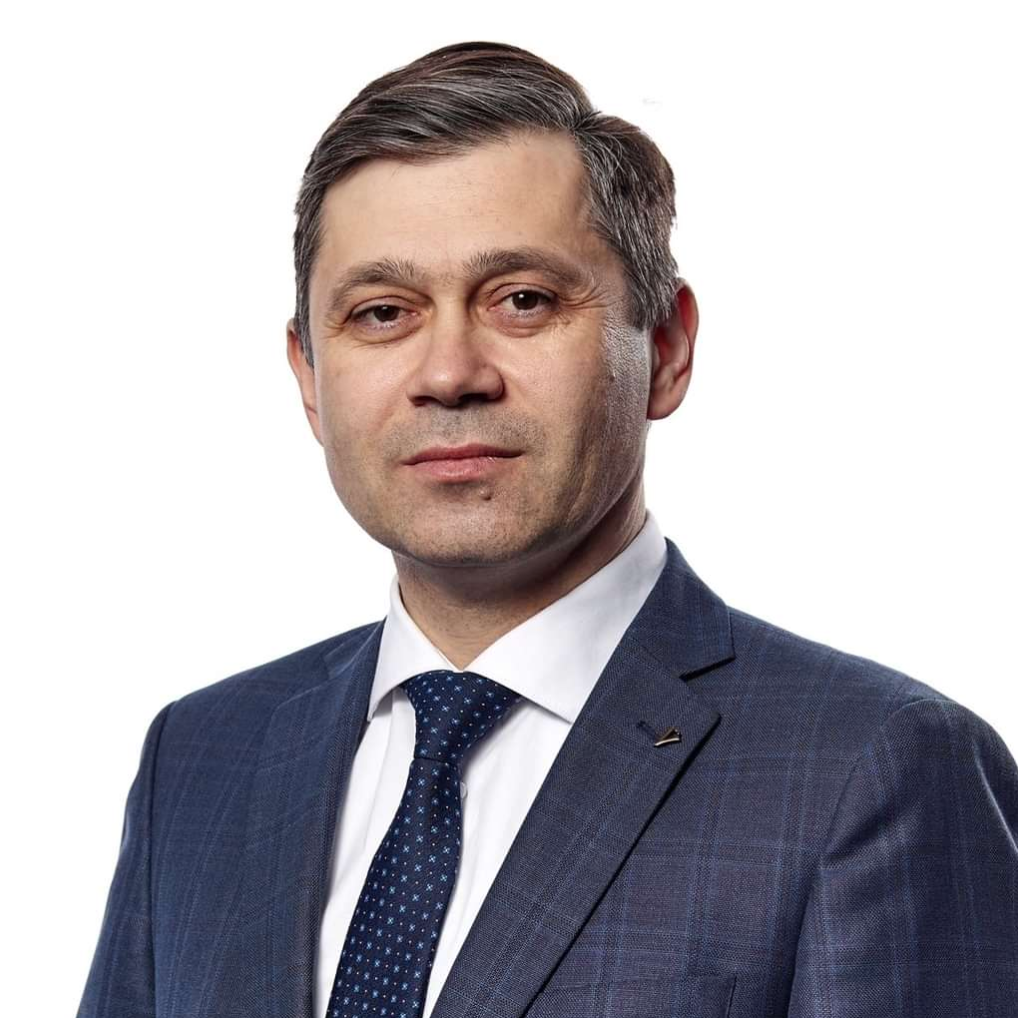
Вrig. Gen. Oleksandr Potii
State Service of Special Communications and Information Protection of Ukraine - Deputy Head
Ukraine
Oleksandr Potii earned his PhD in communication security from Kharkiv Military University and became DScTech at Kharkiv National University of Air Force. His areas of research include information protection standards, cybersecurity and cryptography. Oleksandr Potii has more than 25 years of experience in military service, and 20 years of academic and pedagogical experience. Before joining the State Service, he has hold different technical and administrative positions at important educational institutions, such as Kharkiv National University of Radio Electronics and National Aerospace University “Kharkiv Aviation Institute”. At his current position, he is responsible for a range of important areas, including critical infrastructure protection, IT standardisation and certification, cyber defence, and cyber workforce development. Oleksandr Potii is a laureate of the National Prize of Ukraine named after Borys Paton (2021). He authored 5 manuals, more than 100 research articles, and developed several specialised university courses in areas of his expertise.

Elena Rückheim
Project Officer, Cyber Program, Centre for Humanitarian Dialogue
Switzerland
Elena Rückheim is a Project Officer at the Geneva-based Centre for Humanitarian Dialogue (HD). As part of HD’s cyber mediation team, her work focuses on the promotion of dialogue and confidence-building measures regarding the use of information and communication technology. Before joining HD, she served as Deputy Head of Unit at the National IT Situation Centre of the German Federal Office for Information Security (BSI). Prior to moving into operational IT security, she supported the drafting of national cybersecurity policies at the Federal Ministry of Defence.

Mauro Vignati
Adviser on New Digital Technologies, International Committee of the Red Cross (ICRC)
Switzerland
Mauro has 20 years of experience in several cyber security and cyber threat intelligence positions, he analysed cyber security issues from several angles. Since two years he joined the ICRC, focusing on aspects such as the militarization of the digital domain, the cyber cognitive warfare, the role of digital technologies in the total defense approach, assessing risks and impacts on civilians, critical civilian infrastructure and the society as a whole.

Amb. Regine Grienberger
Cyber Ambassador, German Federal Foreign Office
Dr Regine Grienberger is the Director for Cyber Foreign and Security Policy at the Federal Foreign Office. Her previous professional experience was chiefly in the field of EU foreign policy as well as EU financial and economic policy. Dr Grienberger was Deputy Head of the Minister’s Office (Gabriel, Maas), Deputy Head of Division for European economic and financial policy and desk officer for EU Agricultural
Policy, with responsibility for crisis management in pandemics, among other areas. Her tasks also included EU public relations and the EU’s external relations with countries of the Western Balkans. She was Head of the Political Section at the German Embassy in Rome and culture, press and protocol attaché at the German Embassy in Ljubljana. Dr Grienberger studied agriculture in Bonn, Munich, Vienna and Michigan State University. She obtained her doctorate in Bonn.
‘P.&.R.I.C.L.E.’ Protection & Resilience in a CEMA Live Environment
‘P.&.R.I.C.L.E.’ Protection & Resilience in a CEMA Live Environment
The aim of this demo is to show how it is possible for a networked critical/military infrastructure can be exposed to cyber threats via radio frequency once an malicious actor has knowledge about its vulnerabilities. The demo will show how it is possible to build resilience to such attacks by putting in place defensive/protective measures in the electromagnetic spectrum as an additional defensive layer in the network to be protected.
The demo will draw on a realistic operational scenario based on a cooperative air and maritime offensive operation to show the effects of a cyber electromagnetic activity (CEMA) threat on a critical military infrastructure exposed to an malicious actor’s electromagnetic spectrum operation (EMSO).
The same scenario will be run in the second part of the demo, but with the addition of a defensive layer to the radio frequency section of the whole infrastructure to demonstrate possible solutions for enhancing the resilience and protective measures of a sensitive network exposed to an EMSO.
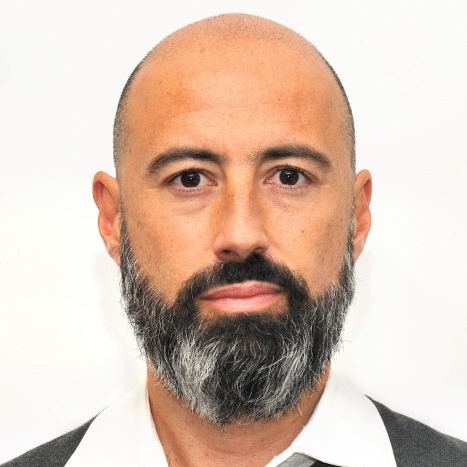
Alessio Campana
CONOPS and Operational Scenarios Senior Expert, ELT Group
Alessio Campana served as Officer Pilot in the Italian Air Force. While in service, he started his studies in Engineering, obtaining the Master Degree in Telecommunication Engineering at Roma Tor Vergata University in 2002. As Engineer in Telecommunication, he covered multiple technical and managerial roles. In 2010 he joined ELTGROUP as Senior Engineer, covering the position of Research and Development System Project Manager for Electronic Warfare Solutions. Currently, he is in the Corporate Chief Scientist Office responsible for CONOPS and Operational Scenarios, for EMSO and Cyber application.
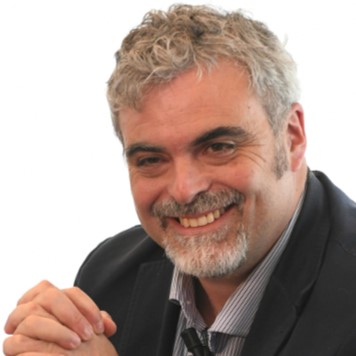
Andrea Pompili
Chief Scientist Officer, CY4Gate
Andrea Pompili is a Cyber Security specialist that has 20 years’ experience in this field.
In the last decade Andrea worked mainly on malware and attack reverse engineering, incident response and application vulnerability research and development leading one of the first team specialized on this kind of new threats. Andrea entered Cy4gate in 2016 and in 2019 Andrea became CY4Gate’s Chief Scientist Officer, extending coordination role to all the cyber topics covered by the Company, including Cyber Intelligence and integrated Cyber/EW activities.
MS Threat Intel Briefing for Attendees from NATO/EU/CCDCOE Member Countries (this session is for government officials and state employees, including members of the armed forces)
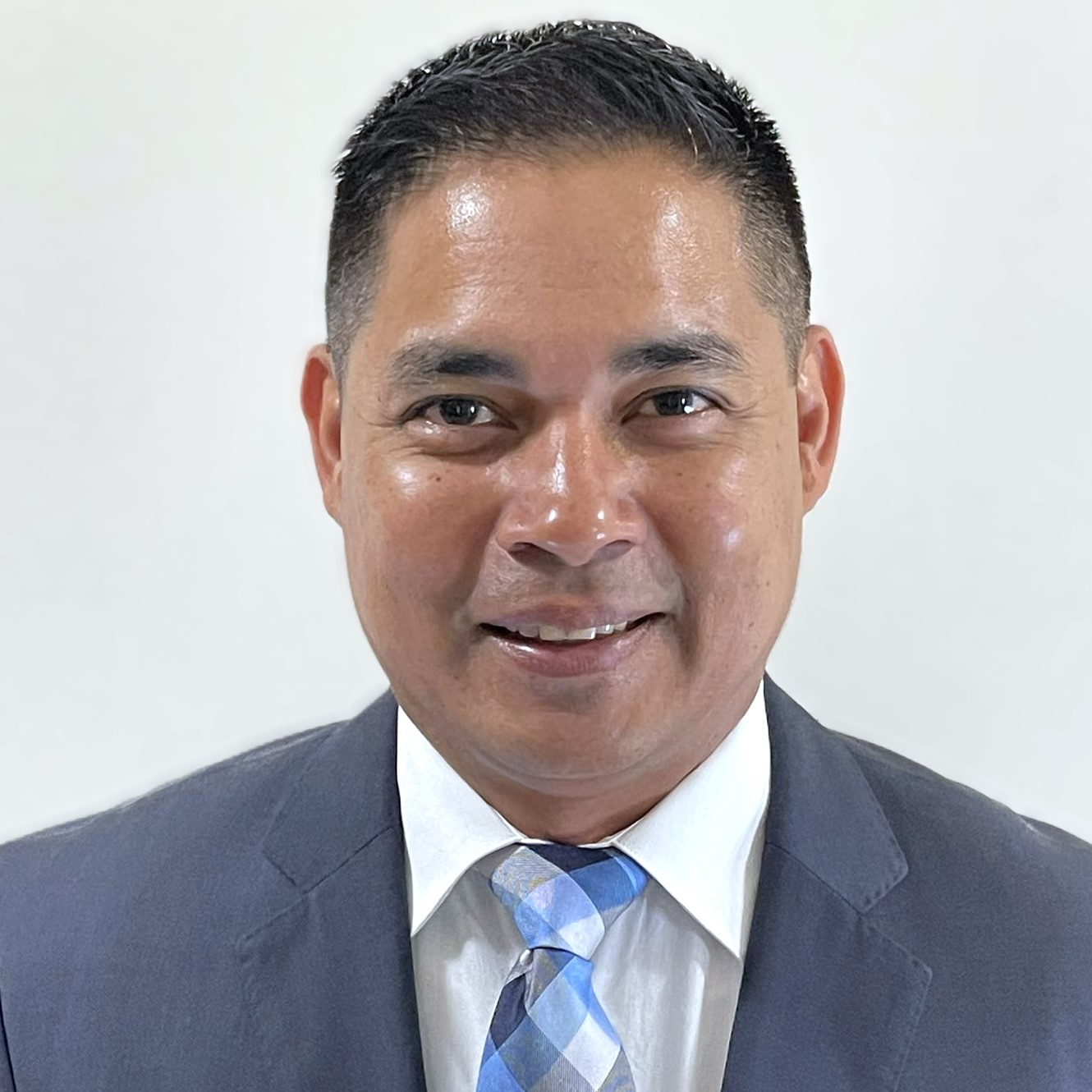
Kevin Chin
Director of Threat Specialist Management at Microsoft
He is currently the Director of Threat Specialist Management at Microsoft, where he leads a team of security technical specialists serving US state and local government customers. Prior to this role, he was an engagement team lead at Microsoft's Detection and Response Team (DaRT), where he led over 40 global incident response engagements in different industry sectors and organizational sizes. He has served the US Department of Defense and the US Central Command as a consultant and a branch lead. He has a M.S. in Digital Forensics from the University of Central Florida.

Nikolas Ott
Senior Manager at Microsoft European Government Affairs
Nikolas Ott is a Senior Manager at Microsoft European Government Affairs. His portfolio includes cyber diplomacy, cyber threat intelligence, cyber defense policy, foreign and security policy and cyber capacity building. Previously, he worked in the cyber/ICT security team of the Organization for Security and Co-operation in Europe (OSCE). He is an alumnus of the Mercator Fellowship of International Affairs and the German Academic Scholarship Foundation. He holds a M.A. in Law and Diplomacy from The Fletcher School of Law and Diplomacy (Tufts University) and B.A. in Political Science from the Freie Universität Berlin.
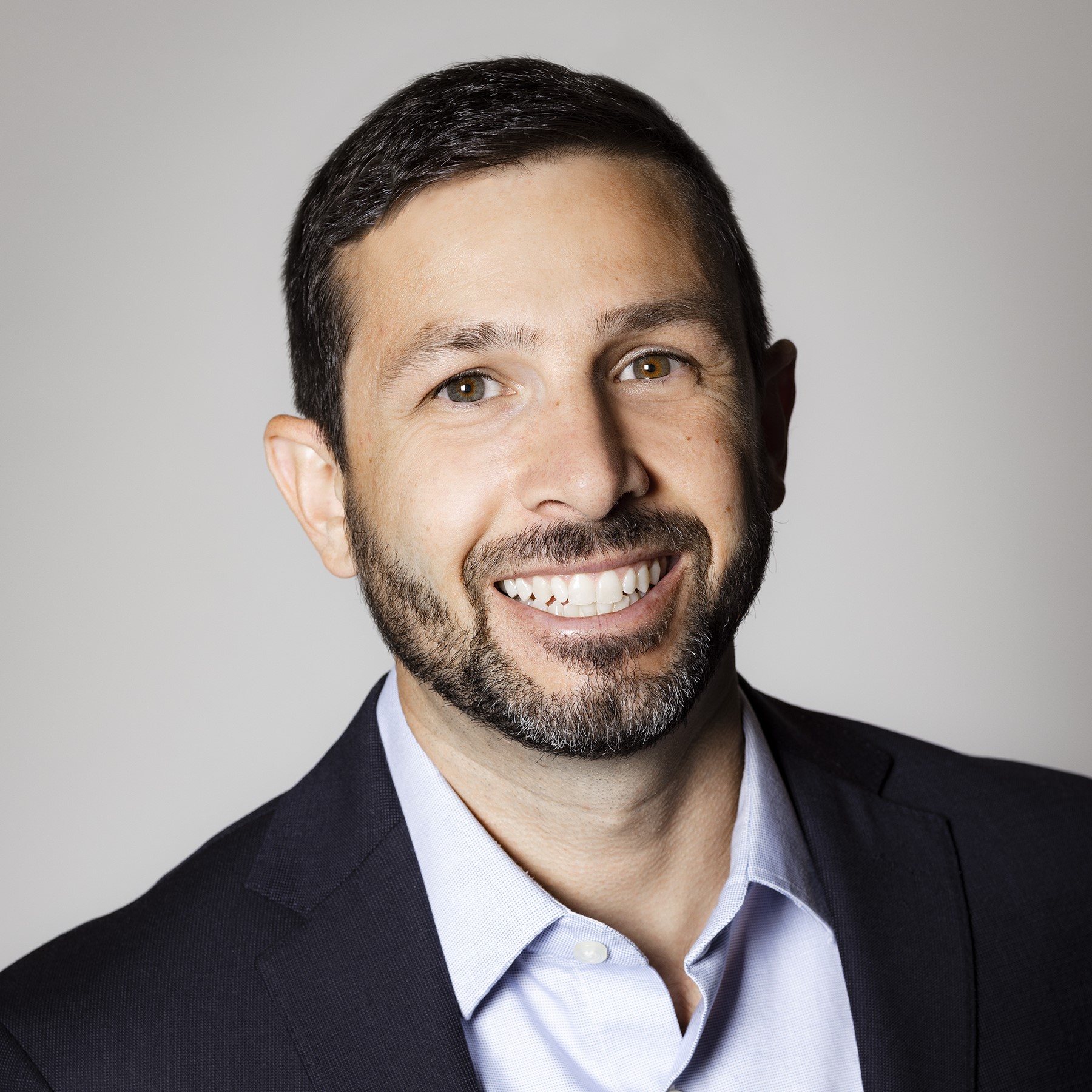
Bryan Prior
Intelligence Analysis Director at Microsoft’s Threat Analysis Center (MTAC)
Bryan Prior is an Intelligence Analysis Director at Microsoft’s Threat Analysis Center (MTAC) focused on cyber and influence threats in the Middle East. He joined Microsoft in 2020 to a then newly formed Threat Context team focused on nation state goals behind their cyber operations. Prior to Microsoft, Bryan covered a range of security issues in the Middle East from terrorism to military and cyber threats with the US Intelligence Community. As a briefer at US Central Command, he covered the full range of threats in the Middle East with a focus on Iran and its regional activity. He has an M.A. in Strategic Studies from Johns Hopkins SAIS.

Abby Solomon
Threat Intelligence Analyst in Microsoft's Threat Intelligence Centre (MSTIC)
Abby is a Threat Intelligence Analyst in Microsoft's Threat Intelligence Centre (MSTIC) where she works on identifying and tracking threat actors and delivering actionable intelligence to protect customers. Prior to Microsoft, Abby previously worked in threat intelligence and research roles within UK government.
CyCon Icebreaker at Kultuurikatel (Culture Hub)
CyCon Icebreaker at Kultuurikatel (Culture Hub)
Venue: Kultuurikatel (Culture Hub) – Kursi 3, Tallinn
Location on the map: https://maps.app.goo.gl/9WJMF4sJ8dvQMZgW6
The CyCon icebreaker serves as the conference’s social kickoff, where the participants, speakers and organizers can meet each other again (or for the first time) and get into the CyCon spirit in a relaxed and informal atmosphere accompanied by good food and good music.
This year, we welcome you to Kultuurikatel (Culture Hub), which was once a boiler house for Tallinn Power Plant and is now a multifunctional event centre where different concerts, exhibitions, conferences, and workshops take place. Parts of the complex – the boiler house, the gas storage, the trestle, and the brick chimney – are under protection as cultural heritage.
NB: Please enter the building through Entrance A near the brick chimney.
As the venue is located in the centre of Tallinn, the organisers do not provide any transport.




